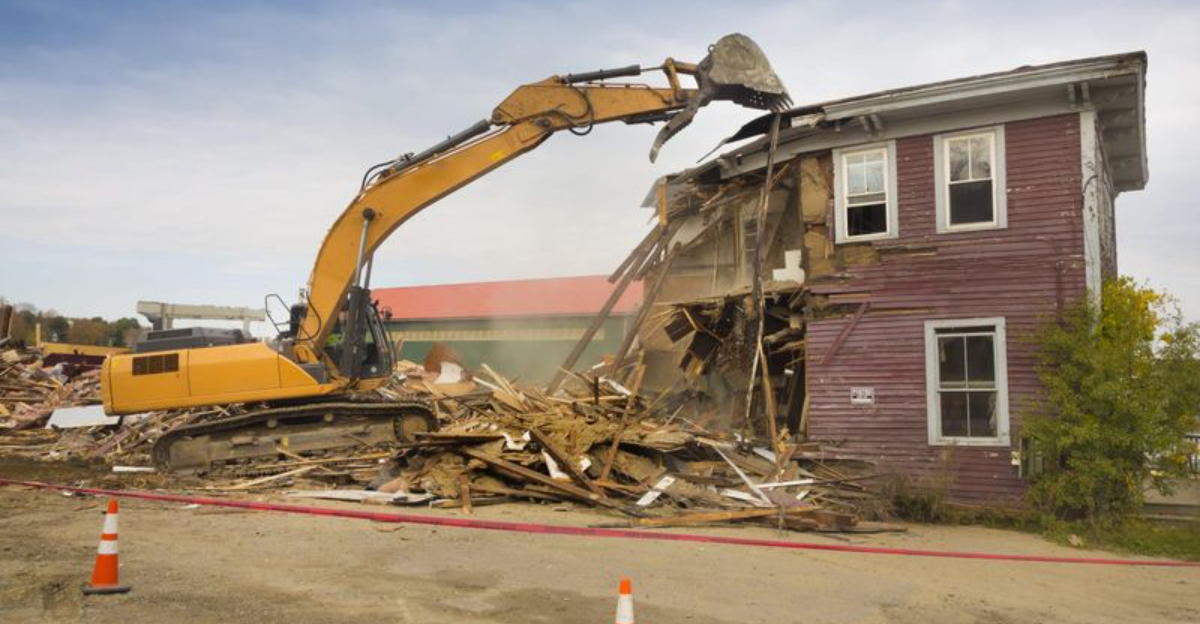16 Home Repairs You’re Not Legally Allowed To Do Yourself
I’ve definitely had those moments, toolbox in hand, feeling unstoppable, only to find out the project I was about to dive into was actually illegal to DIY.
A lot of homeowners don’t realize that some repairs require permits, licenses, or special training. And honestly, it’s not just red tape. These rules are there to keep everyone safe and to make sure your home doesn’t become a ticking time bomb.
Before you accidentally turn your fixer-upper into a code violation, check this list. Trust me, it’s better to know before you start than to get hit with fines (or worse).
1. Electrical Panel Replacement
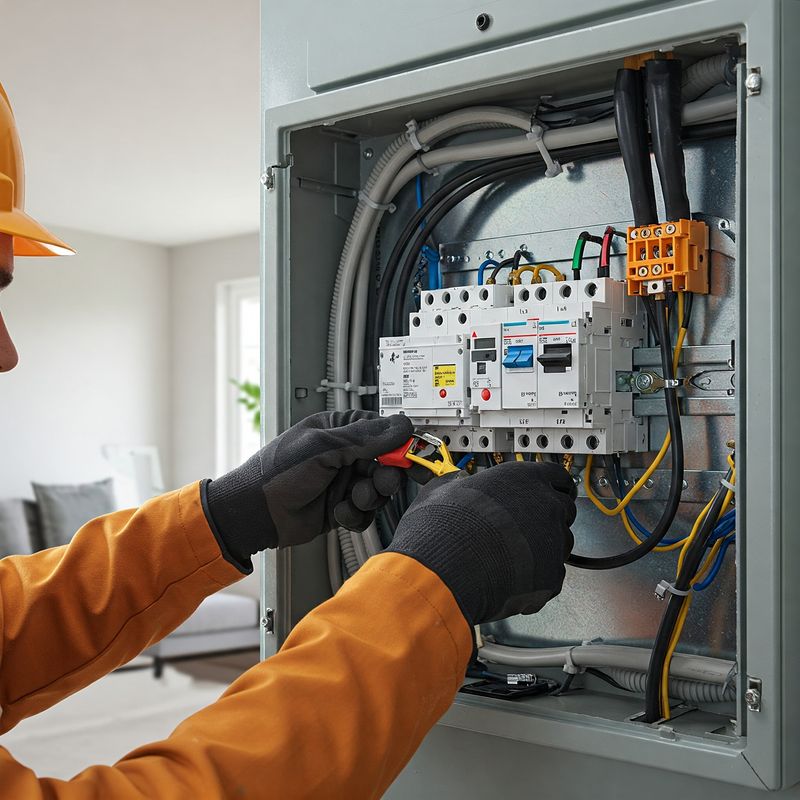
Thinking about upgrading that ancient electrical panel yourself? Think again! Replacing your home’s electrical command center involves working with high-voltage connections that could turn you into a human lightning rod if handled incorrectly.
Most municipalities require licensed electricians to perform this work, complete with proper permits and inspections. The risks include electrocution, house fires, and invalidating your homeowner’s insurance if something goes wrong later.
2. Major Electrical Rewiring
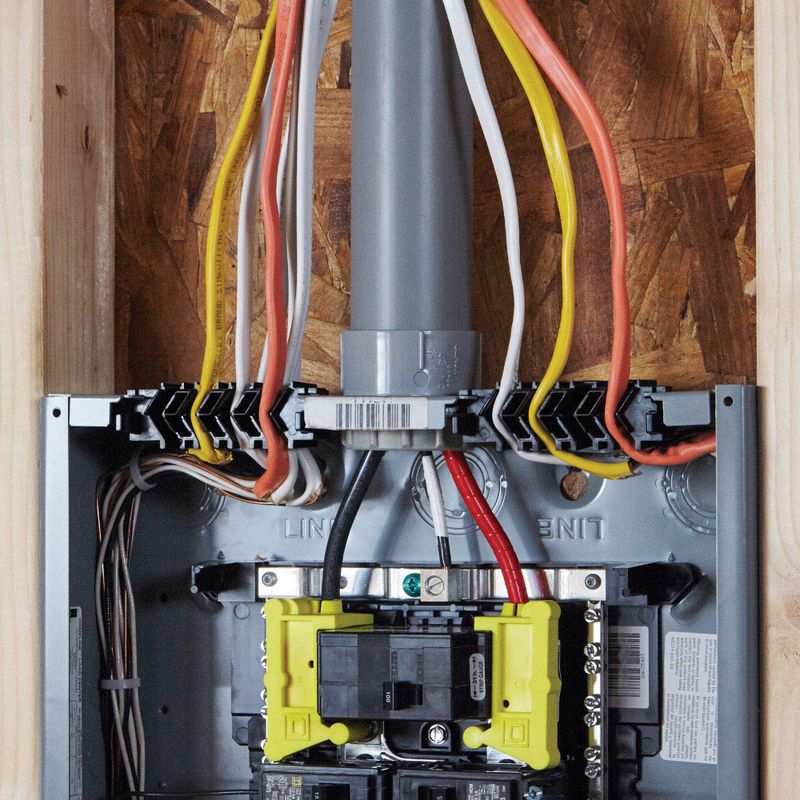
Got old knob-and-tube wiring hiding in your walls? Hands off! Rewiring a home requires navigating a complex maze of building codes, fire safety regulations, and electrical engineering principles that would make Einstein’s hair stand even more on end.
Licensed electricians must handle this work in virtually every jurisdiction. They’ll pull permits, follow code requirements, and ensure your home won’t become a toasty fire hazard. Your insurance company will also likely deny claims for DIY electrical disasters.
3. Installing A New HVAC System
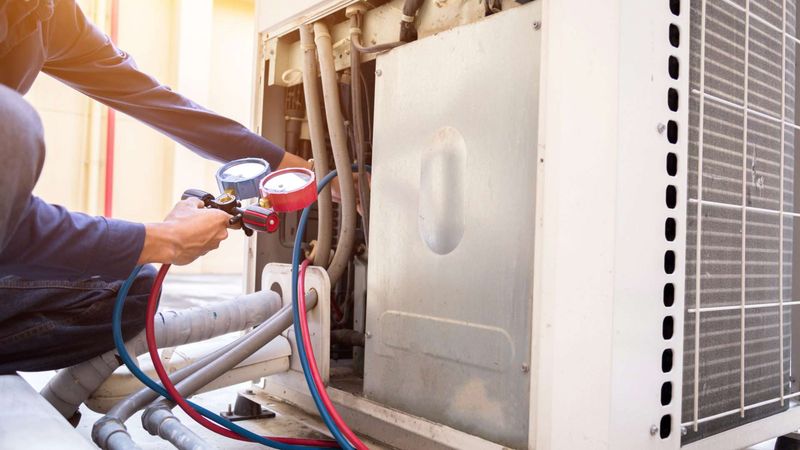
Sweating through summer with a broken AC? Don’t rush to YouTube for HVAC installation tutorials! These systems involve complex electrical connections, refrigerant handling, and ductwork modifications that require specialized knowledge.
The EPA actually makes it illegal for uncertified people to handle refrigerants—you could face hefty fines! Beyond legal issues, improper installation can lead to carbon monoxide poisoning, electrical fires, or just a really expensive paperweight that doesn’t cool or heat properly.
4. Gas Line Installation Or Repair
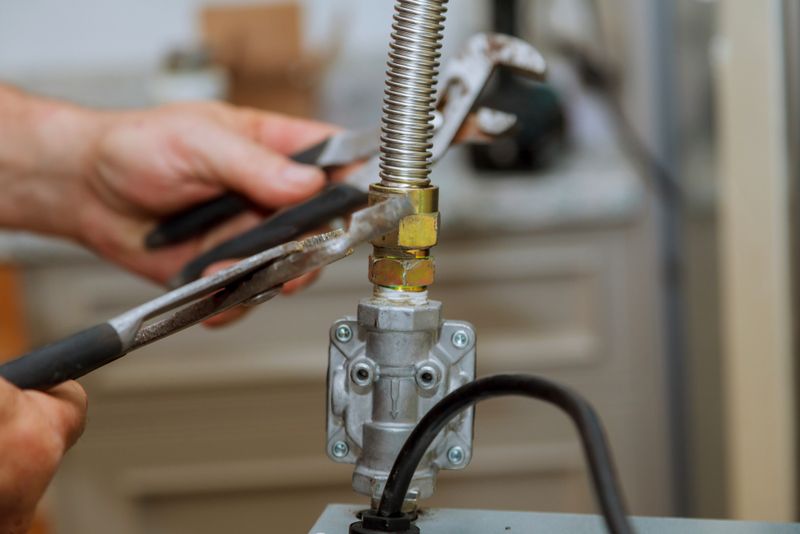
Playing around with gas lines is like juggling lit dynamite—one small mistake could literally blow up in your face! Natural gas is odorless by nature (the smell is added as a safety measure) and highly explosive when it leaks.
Only licensed plumbers or gas fitters can legally perform this work. They understand proper materials, connection methods, and testing procedures to ensure your home remains intact. Many insurance companies will even void your policy if they discover DIY gas line work.
5. Asbestos Removal
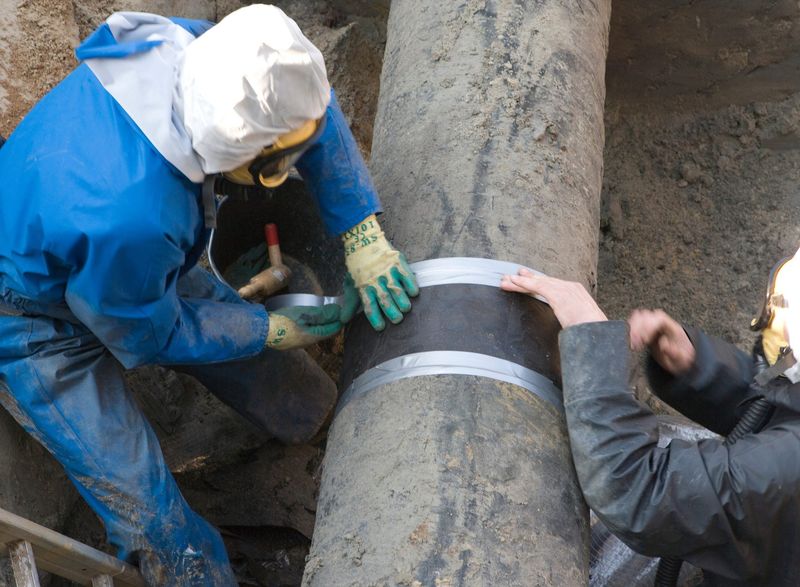
Found some suspicious popcorn ceiling or old pipe insulation? Don’t grab that scraper! Asbestos fibers, when disturbed, become airborne death particles that can cause mesothelioma and other serious lung diseases decades after exposure.
The EPA has strict regulations requiring certified asbestos abatement professionals to handle removal. They use specialized equipment including negative air pressure machines, HEPA filters, and protective gear that looks straight out of a sci-fi movie. The removal process also requires proper disposal at specific waste facilities.
6. Mold Remediation
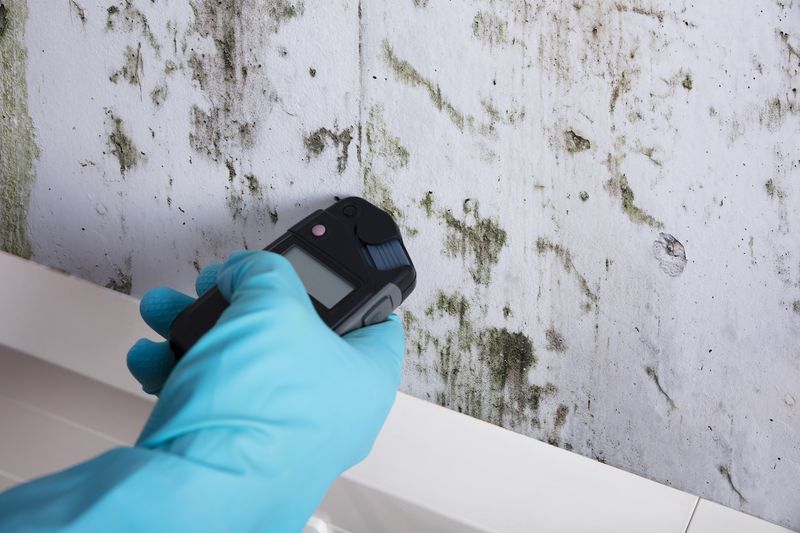
Spot some fuzzy black patches in your bathroom? While small mold problems can be DIY territory, extensive mold infestations fall under professional-only work in many states. Those innocent-looking spores can cause serious respiratory issues and allergic reactions.
Professional mold remediation experts follow strict containment protocols to prevent cross-contamination throughout your home. They also have specialized equipment to detect hidden moisture sources and mold colonies lurking behind walls. Some states require specific licensing for mold remediation when the affected area exceeds certain square footage.
7. Roofing In Certain Jurisdictions
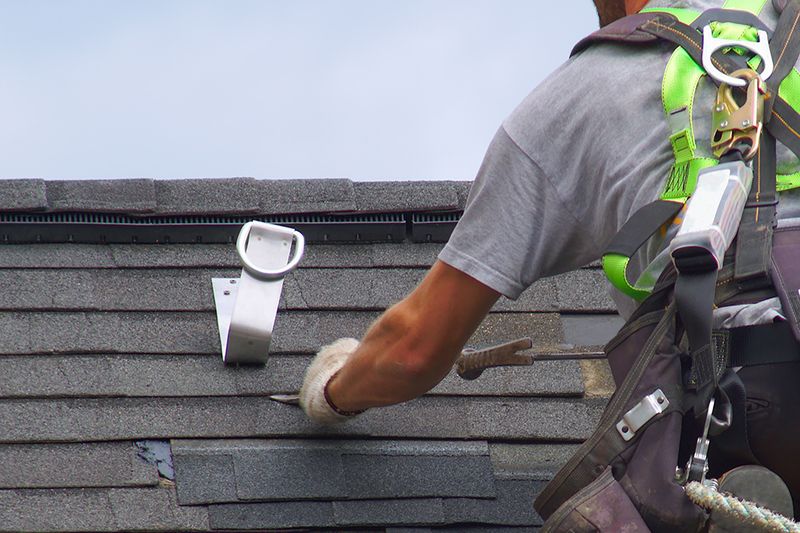
Climbing onto your roof with a bundle of shingles might seem like a money-saving weekend project. Unfortunately, many cities and counties require permits and licensed contractors for roofing work beyond simple repairs.
Professional roofers carry specialized insurance and understand proper installation techniques that prevent leaks and structural damage. They’re also trained in fall protection and safety measures that keep them from becoming sidewalk pancakes. Some homeowners associations have additional restrictions on roofing materials and installation standards.
8. Structural Changes To Load-Bearing Walls
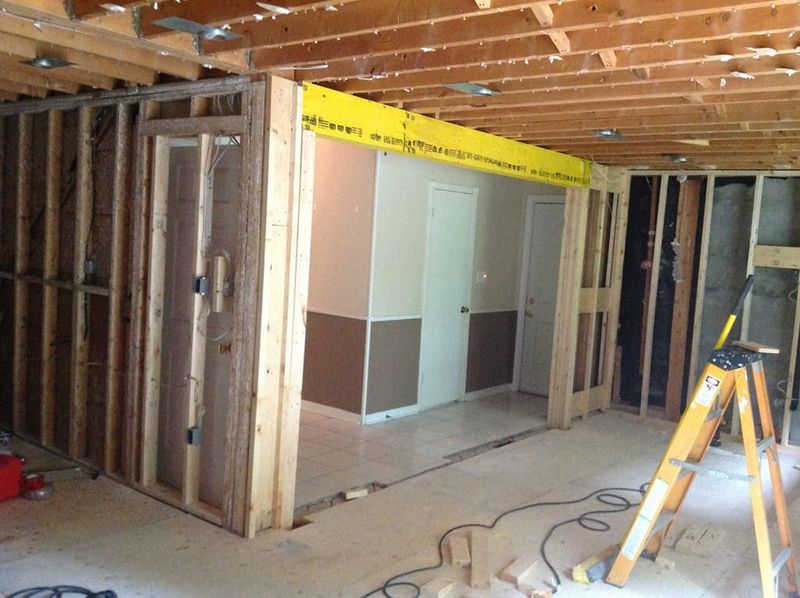
Dreaming of an open concept floor plan? That sledgehammer looks tempting, but knocking out walls willy-nilly could bring your whole house down! Load-bearing walls support the weight of your home’s upper floors and roof.
Structural modifications require engineering plans, permits, and inspections in virtually all jurisdictions. Professional contractors understand how to install proper support beams and footings to maintain structural integrity. Your home’s resale value could also take a massive hit if unpermitted structural changes are discovered during a future sale.
9. Installing A New Water Heater
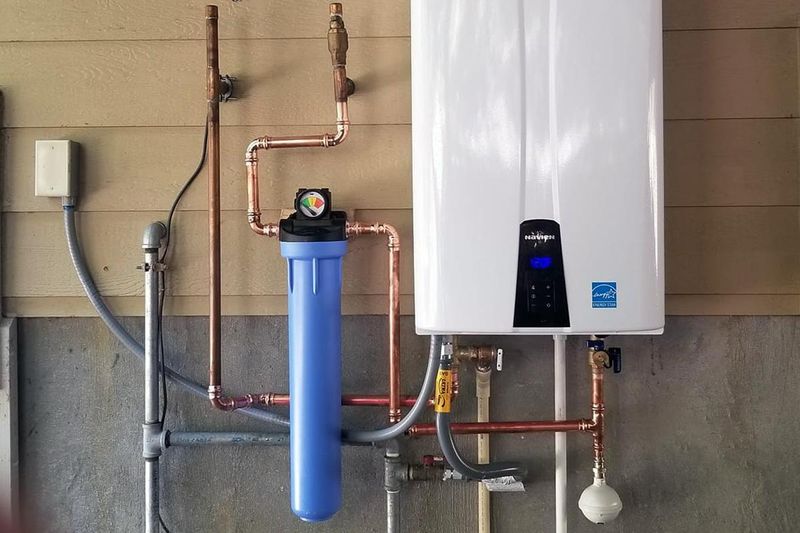
Cold showers got you down? Resist the urge to swap out that water heater yourself! These seemingly simple appliances involve complex connections to water, gas or electrical systems, and venting requirements that vary by heater type.
Most jurisdictions require permits and professional installation for water heaters. Improper installation can lead to explosions, carbon monoxide poisoning, or flooding that would make Noah nervous. Manufacturers may also void warranties if their units aren’t installed by licensed professionals.
10. Sewer Line Work
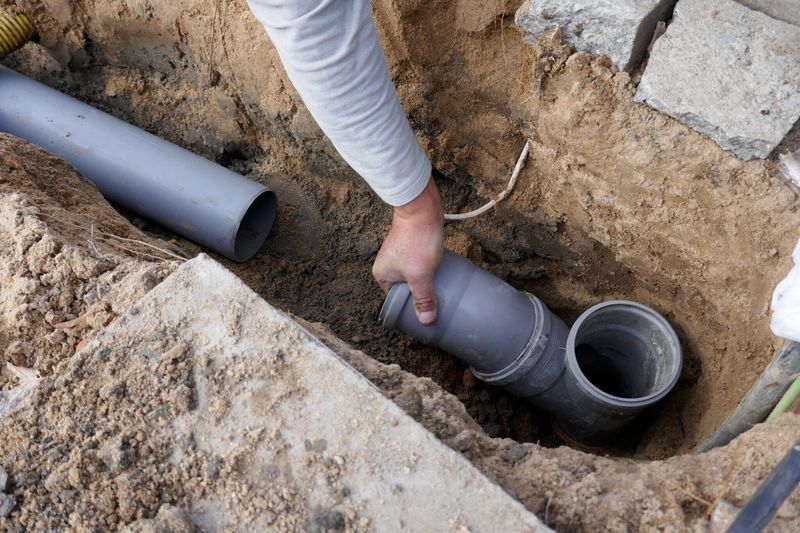
Got a backed-up sewer line? This nasty job isn’t just disgusting—it’s often illegal to DIY! Sewer repairs typically involve excavation in public rights-of-way and connections to municipal systems that are strictly regulated.
Professional plumbers understand proper slope requirements, materials, and connection methods that prevent sewage from leaking into groundwater. They also have specialized equipment like sewer cameras and locating devices to pinpoint problems without unnecessary digging. Many municipalities require specific licensing for contractors who work on public sewer connections.
11. Replacing Or Modifying Plumbing Supply Lines
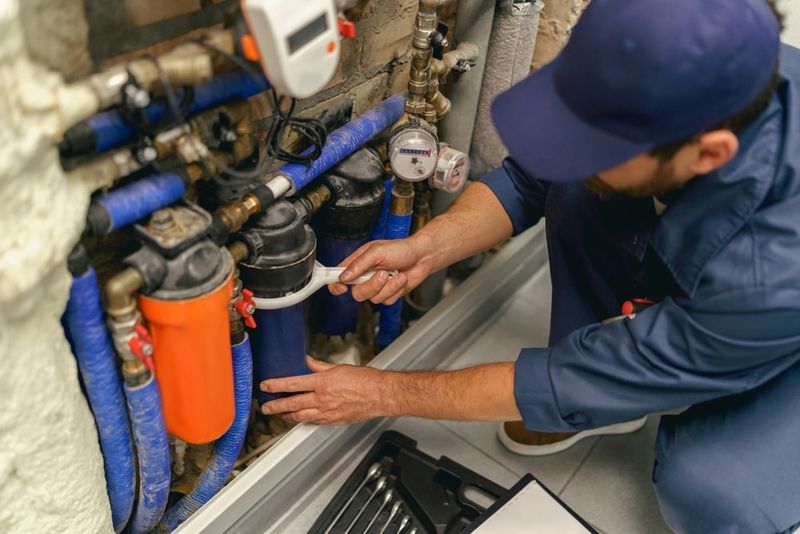
Leaky pipes got you reaching for the pipe wrench? Not so fast! Major plumbing modifications often require permits and professional installation, especially when connecting to municipal water supplies.
Professional plumbers understand proper materials, connection methods, and pressure testing to ensure your pipes don’t spring leaks inside walls. They also know local code requirements for backflow prevention devices that keep contaminated water from flowing back into public systems. One wrong move could flood your home or contaminate your drinking water!
12. Lead Paint Removal
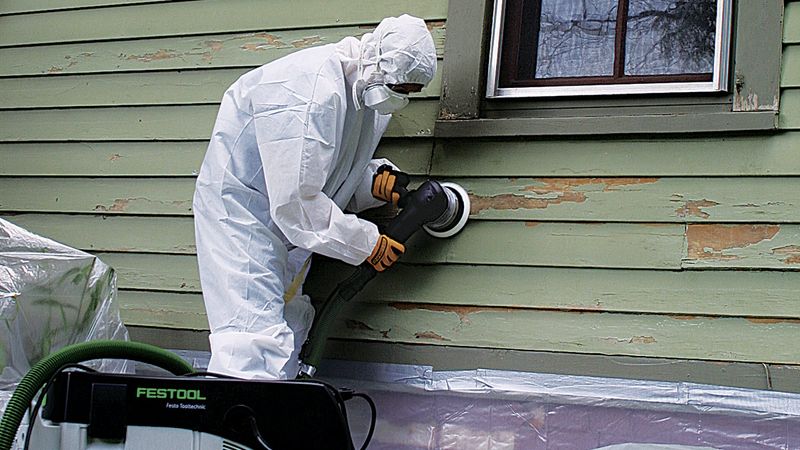
Found old, peeling paint in your pre-1978 home? Don’t grab that sander! Lead paint removal is heavily regulated by the EPA through the Renovation, Repair and Painting (RRP) Rule.
Only certified lead abatement contractors can legally remove significant amounts of lead paint. They use specialized containment methods, HEPA vacuums, and wet techniques to prevent dangerous dust from spreading. Lead exposure can cause serious health problems, especially in children and pregnant women.
13. Septic System Installation Or Repair
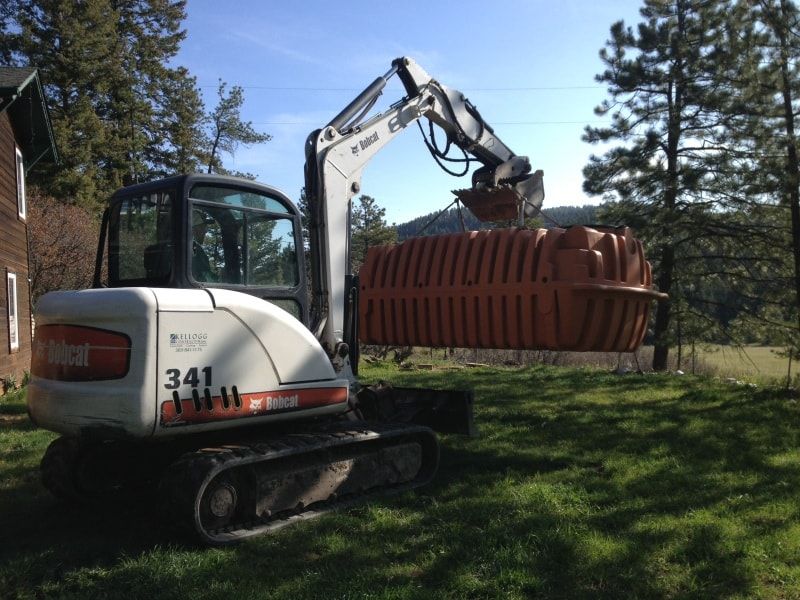
Septic problems stinking up your yard? This is definitely not DIY territory! Septic systems are heavily regulated because improper installation can contaminate groundwater and spread disease.
Professional septic installers understand soil percolation rates, drainage field requirements, and tank sizing calculations. They also navigate the complex permitting process required by health departments and environmental agencies. Some states even require septic designers to have engineering degrees for certain system types.
14. Window Installation In Fire-Rated Walls
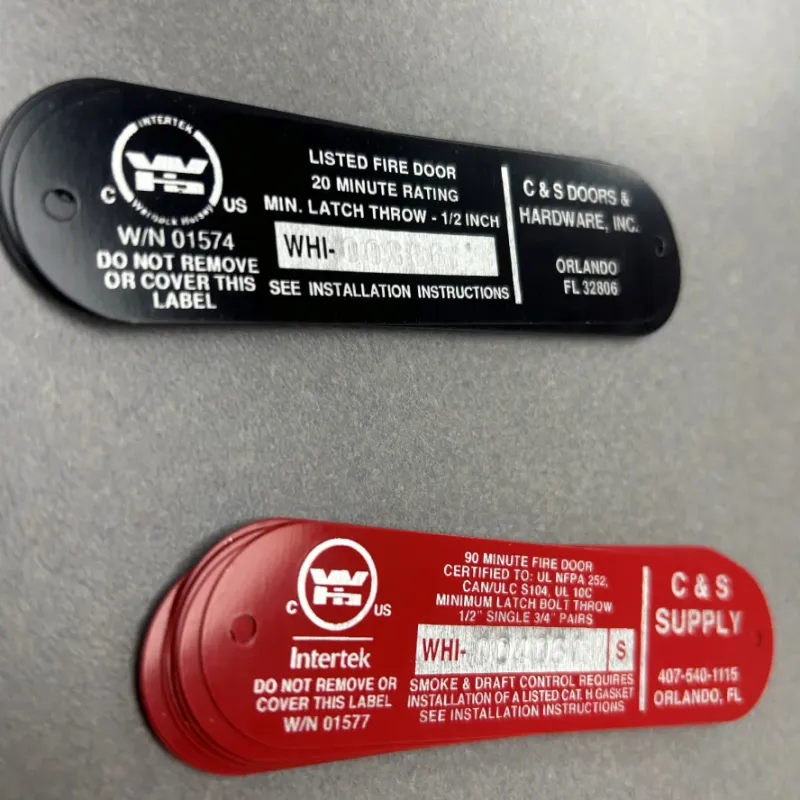
Want to add some natural light to your garage or shared wall with a neighbor? Hold up! Windows in fire-rated walls (like those between attached garages and living spaces or between townhomes) must meet strict fire code requirements.
Professional window installers understand which products meet fire-rating requirements and how to properly seal and frame them. They’ll also pull permits and schedule inspections to ensure compliance. Fire-rated assemblies are designed to slow the spread of flames and smoke during a fire, potentially saving lives.
15. Altering Or Removing Fire Sprinkler Systems
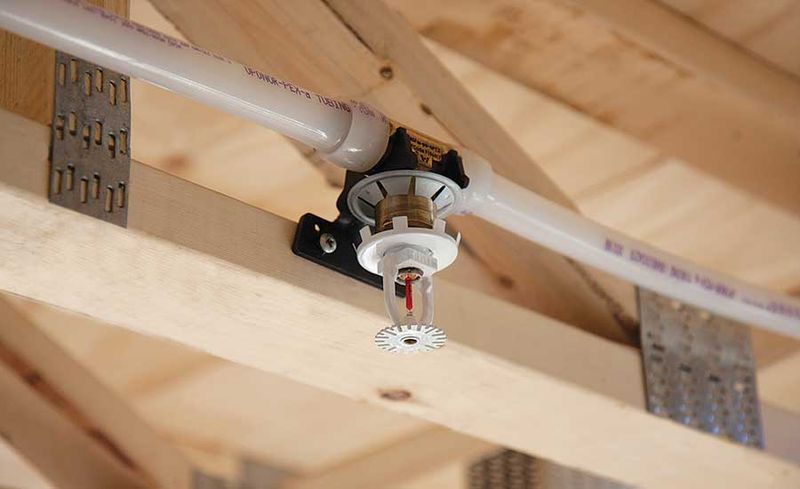
Those ceiling sprinklers clashing with your décor? Too bad! Modifying or removing fire sprinkler systems is strictly prohibited for non-licensed individuals in virtually all jurisdictions.
Fire protection systems are designed by engineers and must be installed, modified, or serviced by licensed fire protection contractors. They require specialized knowledge of hydraulic calculations, water supply requirements, and activation mechanisms. Tampering with these life-saving systems could not only endanger your family but also lead to criminal charges in some areas.
16. Major Demolition Work Requiring Permits
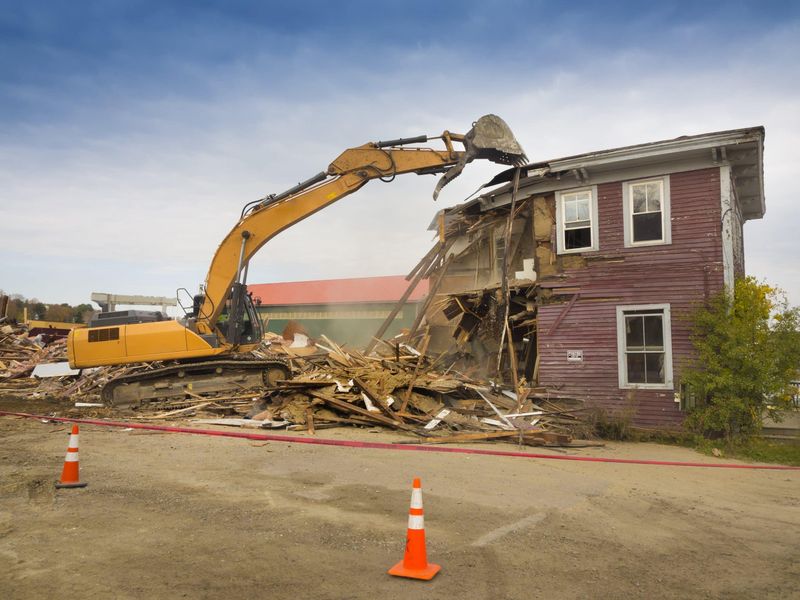
Itching to tear down that old shed or garage? Put down the sledgehammer! Demolition involving structures over certain square footage typically requires permits, professional contractors, and proper disposal methods.
Professional demolition contractors understand how to safely disconnect utilities, test for hazardous materials like asbestos, and properly dispose of construction waste. They also carry specialized insurance for this high-risk work. Unpermitted demolition can result in hefty fines and even stop-work orders that leave your property in limbo.

